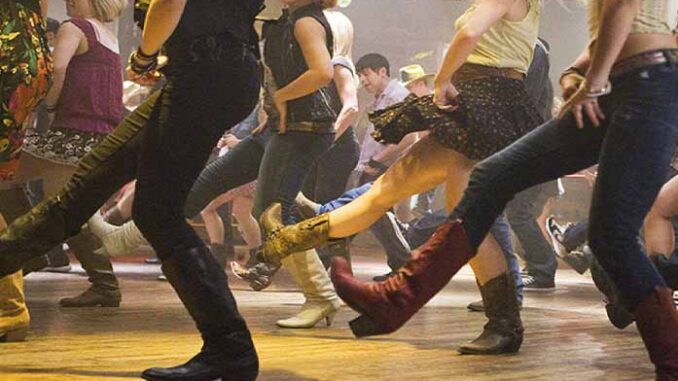
Several models, actors, and social media personas whose images were used without permission to promote two Denim & Diamonds nightclubs in Arizona are entitled to have a jury decide if their right to publicity was violated, the Arizona Court of Appeals ruled this week.
The right of publicity is a feature of the common law right of privacy. It is an intellectual property right which protects against the misappropriation or exploitation of one’s name, likeness, photograph, and even signature for commercial benefit.
Although Arizona does not have a specific statute recognizing a right of publicity for civilians, it does have a law, ARS 12-761, passed in 2007 which protects the likeness of military members from unauthorized commercial use. ARS 12-761 states the “right to control and to choose whether and how to use a soldier’s name, portrait or picture for commercial purposes is recognized as each soldier’s right of publicity.”
Based on the narrow protections in ARS 12-761, a Maricopa County judge ruled there is no similar protection for civilians. The judge then dismissed a lawsuit filed in 2018 by 10 professional models and social media personalities whose photographs were used without permission to promote the Mesa-based Denim & Diamonds nightclub owned by Bay Entertainment.
Also dismissed was an identical lawsuit filed in 2020 by four models who alleged violations of their right of publicly by Tucson Venture One, LLC, the operator of a Denim & Diamonds nightclub in Tucson.
But according to the Arizona Court of Appeals, the trial court judge seriously misinterpreted the law by finding ARS 12-761 somehow voided longstanding common law in Arizona which affords protection against non-consensual publicity. All ARS12-761 did, the appellate decision states, was clarify that military personnel have the same right of publicity as all Arizonans.
This is supported, Judge Peter B. Swann wrote in the unanimous opinion, by the fact ARS 12-761 even contains a provision which states the rights and remedies afforded under the 2007 law “supplement any other rights and remedies provided by law, including the common law right of privacy.” And the Arizona Supreme Court recognized Arizonans have a right against invasion of privacy more than 75 years ago, Swann noted.
“When the Arizona Supreme Court announces a clear legal rule, we are not free to stray from it. Simply stated, Arizona always has, and continues to, recognize a personal right of action for violation of the right to publicity as a form of invasion of privacy,” Swann wrote.
Bays Entertainment had also opposed the lawsuits on the grounds that no reasonable person would consider it “highly offensive” to be associated with a cowboy bar in Arizona as the models, actors, and online personas alleged. And the company contended the federal Copyright Act governing the use of the photographs in the ads preempted a lawsuit in state court.
Swann noted the problem with Bay Entertainment’s copyright argument is that the use of the copyrighted photographs also involved the misappropriation of the “brands and likenesses represented in the photographs.” The opinion added that federal case law makes clear that the two issues are separate.
As to whether anyone whose likeness was misused in ads promoting the cowboy-themed nightclubs was placed “in a false light highly offensive to a reasonable person,” that is a question for a jury to decide, according to the court of appeals.
“Bay Entertainment posted more than 250 photos of Appellants on its social media pages, and in doing so, it created an implication that Appellants support, endorse, were paid by, or were in some other way associated with Denim & Diamonds. Bay Entertainment does not dispute that its postings gave rise to this implication, nor that it is false,” Swann wrote in the opinion.
It is possible, the opinion states, that a jury will determine the company’s action was highly offensive given that the models and influencers regularly pose for such photographs professionally only after vetting the product being publicized.
“We agree that Appellants’ complaints state claims for invasion of privacy. We also agree that Appellants’ false light claim cannot be resolved on a motion for judgment on the pleadings,” Swann wrote. “For the foregoing reasons, we reverse the superior court’s ruling and remand for proceedings consistent with this decision.”
The appellate opinion will take effect in 30 days unless one of the parties files a petition for review to the Arizona Supreme Court. If a petition for review is filed, the opinion will be put on hold until the Justices refuse to accept the case or issue a ruling in the case.

